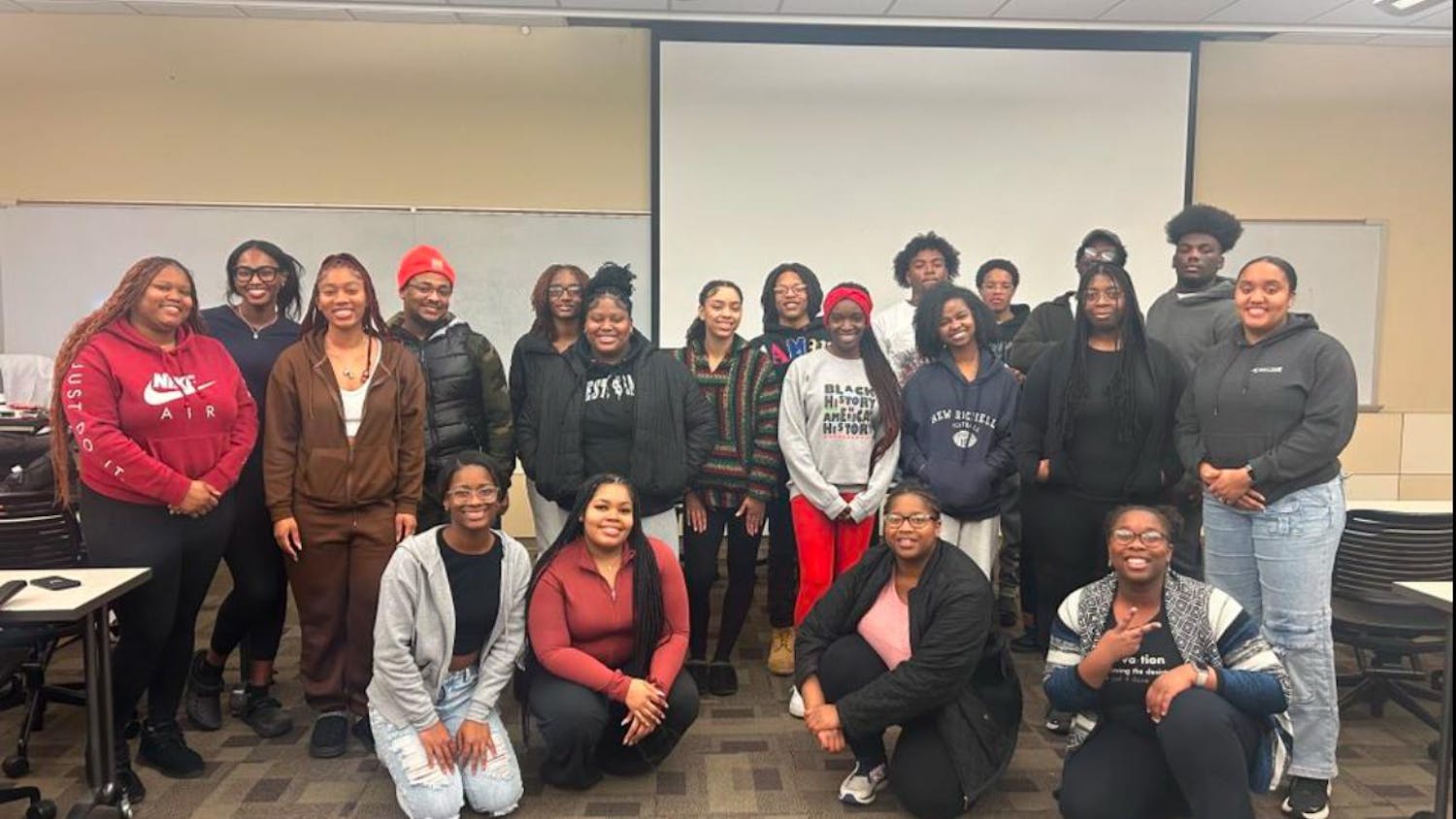The news of the Great Barrier Reef (GBR) being pronounced dead in October left the world shocked and disappointed.
An article written by Outside Magazine published an obituary for the GBR, citing its lifespan from 25 million BC until 2016. According to the article, the notoriety and coral bleaching were two factors that led to its deteriorating health.
"The Great Barrier Reef of Australia passed away in 2016 after a long illness. It was 25 million years old," the article said.
Russell Brainard, chief of the Coral Reef Ecosystem Program at NOAA's Pacific Islands Fisheries Science Center, told HuffPost that he believes the article was stressing the urgency of the condition of the GBR, but those who did not read the article with any context of the situation "are going to take it at face value that the Great Barrier Reef is dead."
According to Tony Davis, and environmental reporter, “Reports of the Great Barrier Reef's death are greatly exaggerated, say scientists, booing Outside Magazine.”
The Cornell Cooperative Extension at Rockland County tweeted their thoughts on the matter saying, “’Great Barrier Reef is Dying NOT Dead! The message should be that it isn't too late... not we should all give up.'"
The GBR is the world’s largest coral reef ecosystem. It covers more than 300,000 square kilometers, consisting of more than 3,000 reefs, 600 islands and 300 coral cays.
While the condition of the GBR is grave, there are hopes for a recovery effort to save the GBR. According to a report by the ARC Centre of Excellence for Coral Reef Studies, 93 percent of the reef is affected by bleaching, which puts the GBR at a high risk for extinction. Bleaching occurs when coral are put under extreme stress by changes in conditions such as temperature, light, or nutrients. In these conditions, they expel symbiotic algae from their tissues, causing them to turn white.
However, there are concerns the publishing of the obituary that over-exaggerated the condition will stop people from helping with the effort, thinking it is a lost cause
Professor John Pandolfi from the ARC Centre at the University of Queensland, expressed optimism for its recovery.
"It is critically important now to bolster the resilience of the reef, and to maximize its natural capacity to recover,” Pandolfi said. “The reef is no longer as resilient as it once was, and it's struggling to cope with three bleaching events in just 18 years.”












